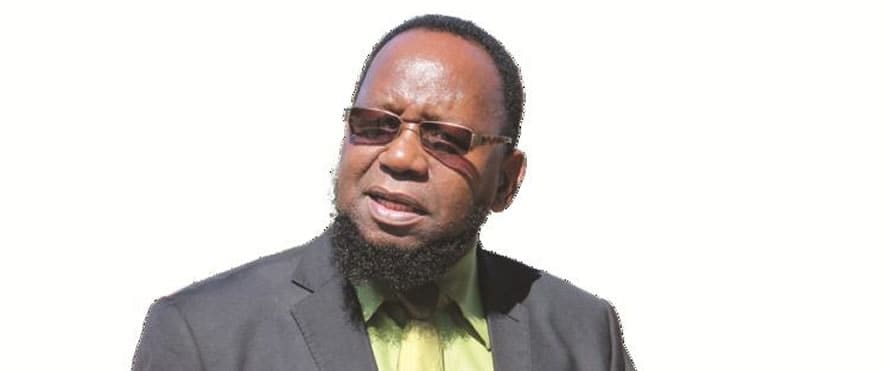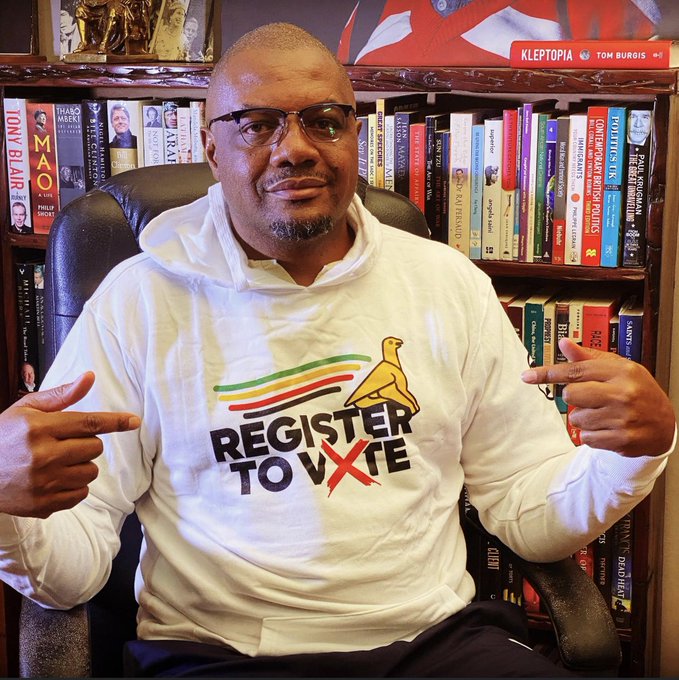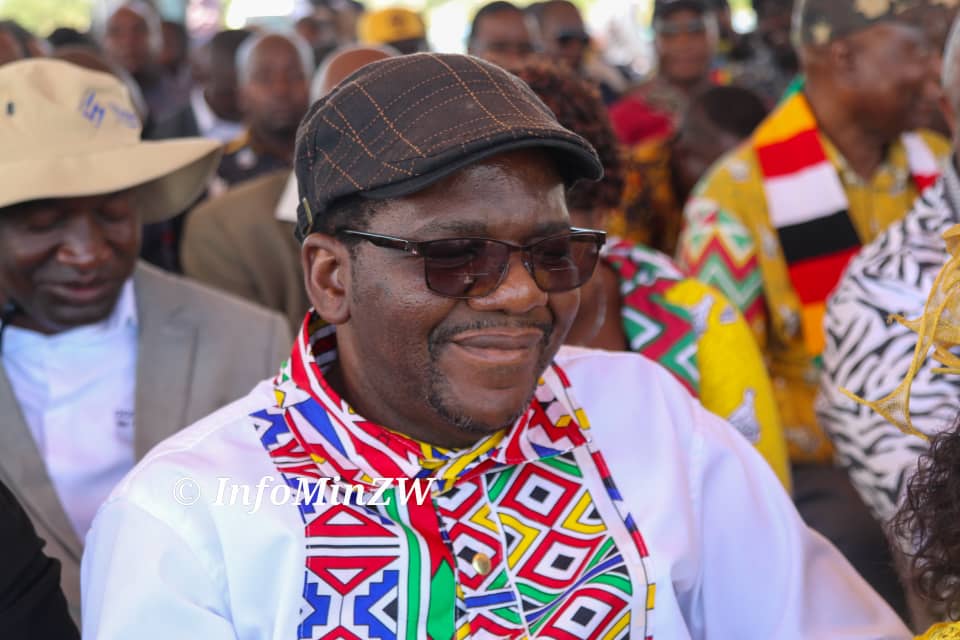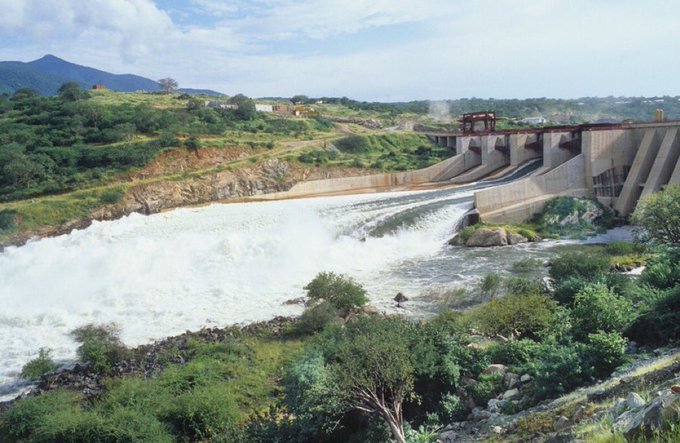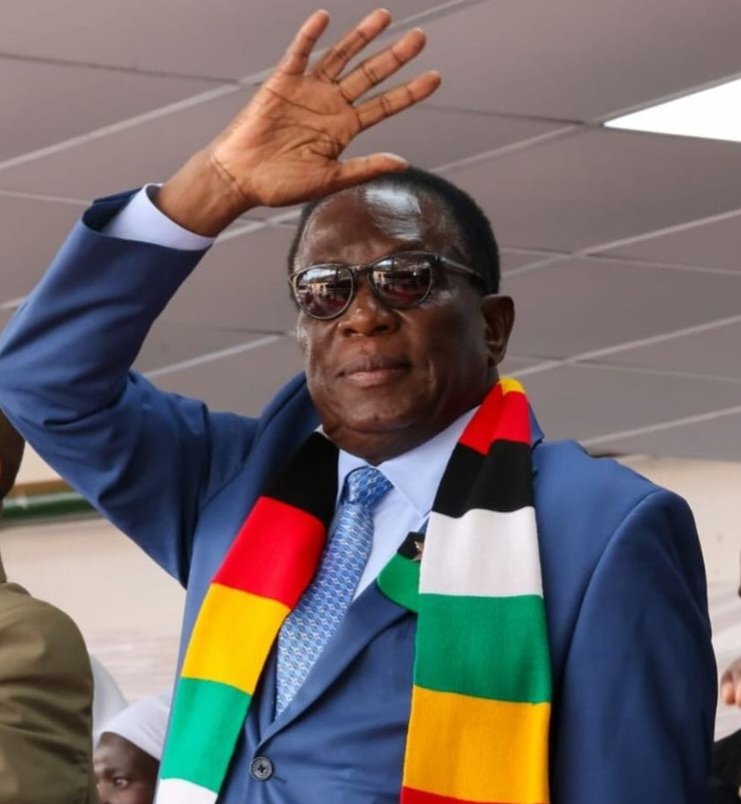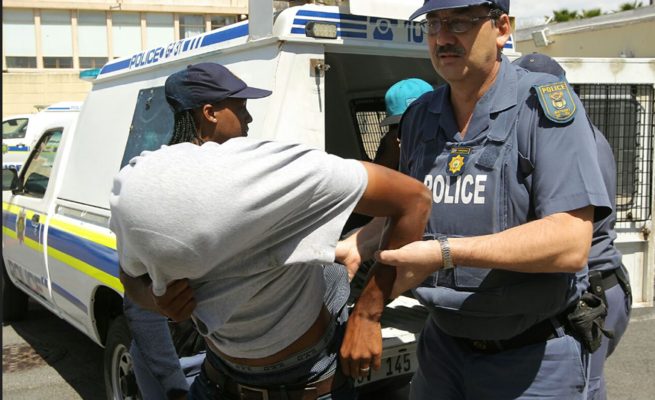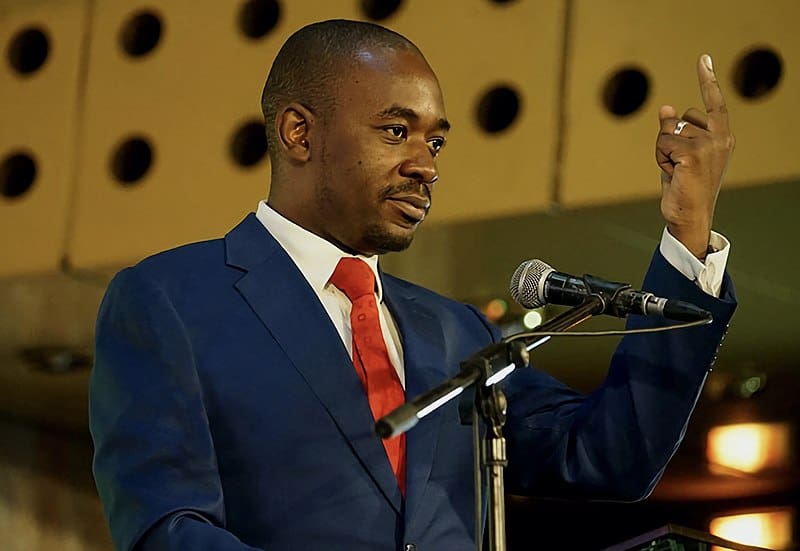Lovemore Lubinda
The currently under fire Minister of Primary and Secondary Education Lazarus Dokora has explained the basis for the country’s new curriculum that has so far brought him more enemies than friends.
Data obtained from his office indicates that the new curriculum was not a new phenomenon at all, but is merely the implementation of the findings of the President’s Commission of Inquiry into Education and Training (CIET), of 1998, which is also known as the Nziramasanga Commission.
In 2014, Dokora launched the updated Curriculum Framework that marked the culmination of three years of work, according to him, since myriad developments which impinge on the education have occurred; this has necessitated a review of the CIET recommendations.
“The updated curriculum presents a unique opportunity for the country to prepare its children for current and future opportunities and challenges. It is premised on the development of competencies, knowledge, skills, and attitudes in each learner, as well as on the promotion of national identity,” says the office in a statement.
According to the office, the updated new curriculum therefore seeks to prepare learners for life and work in an indigenised economy and globalised competitive environment, demonstrate desirable literacy, critical thinking, and to cherish their Zimbabwean identity.
Under this curriculum, Infant School which covers Early Childhood Development (ECD) to grade 2, the emphasis is on acquisition of the fundamental skills for learning, While Junior School (grades 3 to 7) reinforces the skills and starts to provide learners with life and work skills.
Secondary School (forms 1 to 6) prepares learners for various pathways including university education, technical, and vocational training and programmes.
The major changes in the new learning areas include that content and concepts in this syllabi have been arranged in a spiral approach, from simple to complex and from common to uncommon starting from ECD right up to form 6.
Areas of specialisation has been widened at secondary level, emphasis on technical and vocational learning have been spelt to give balance between academic and practical subjects, as well as the infusion of mass displays into PE/ Sports and the expansion of the indigenous languages.
Dokora believes that at the end he would produce learners who are proficient in critical thinking, solving problems, leadership skills, technically minded, disciplined, patriotic, and who would turn up into responsible citizens.
Meanwhile, Dokora is still under fire from some sections of the society probably because of lack of engagement, who believe that the minister is up to some mischief and wanting to replace Christianity with Muslim, the minister has since been on an engagement drive explaining his intentions to the masses.
Some other critics were of the idea that the new curriculum was ill timed, claiming that the nation has no resources at the moment to switch to this new mode.
Be that as it may, President Robert Mugabe in his birthday interview supported Dokora’s new curriculum, saying while it was not clear on how the teaching of Science and Maths in vernacular languages would be achieved as proposed in the curriculum, he said to the large extent the whole syllabus needed to be embraced because it provides solutions to the country’s problems on innovation.

